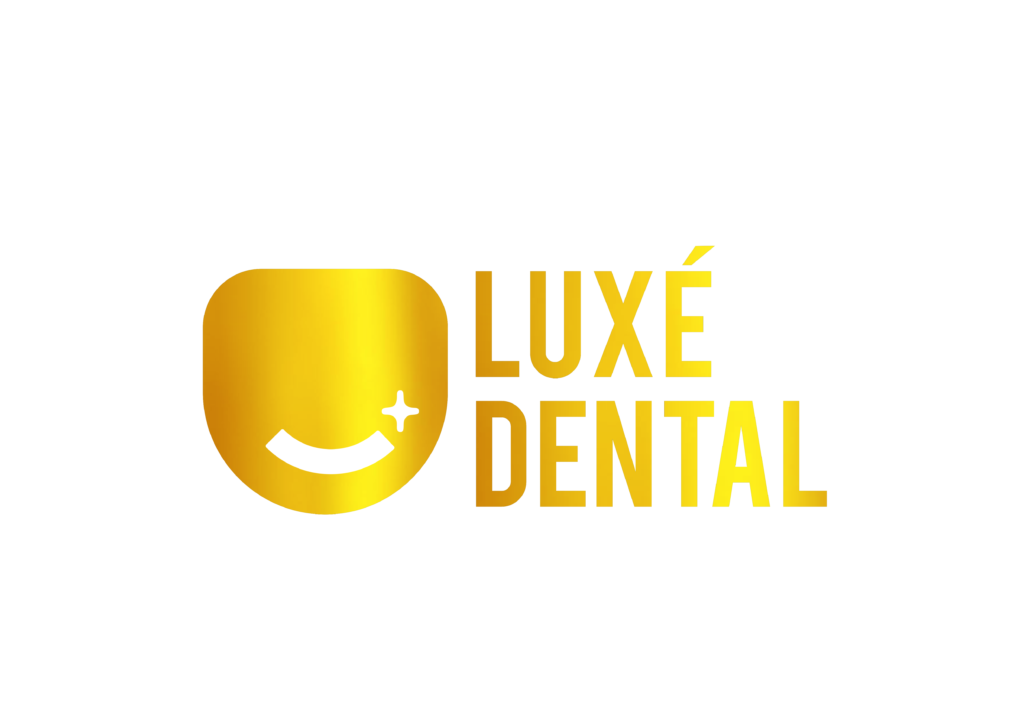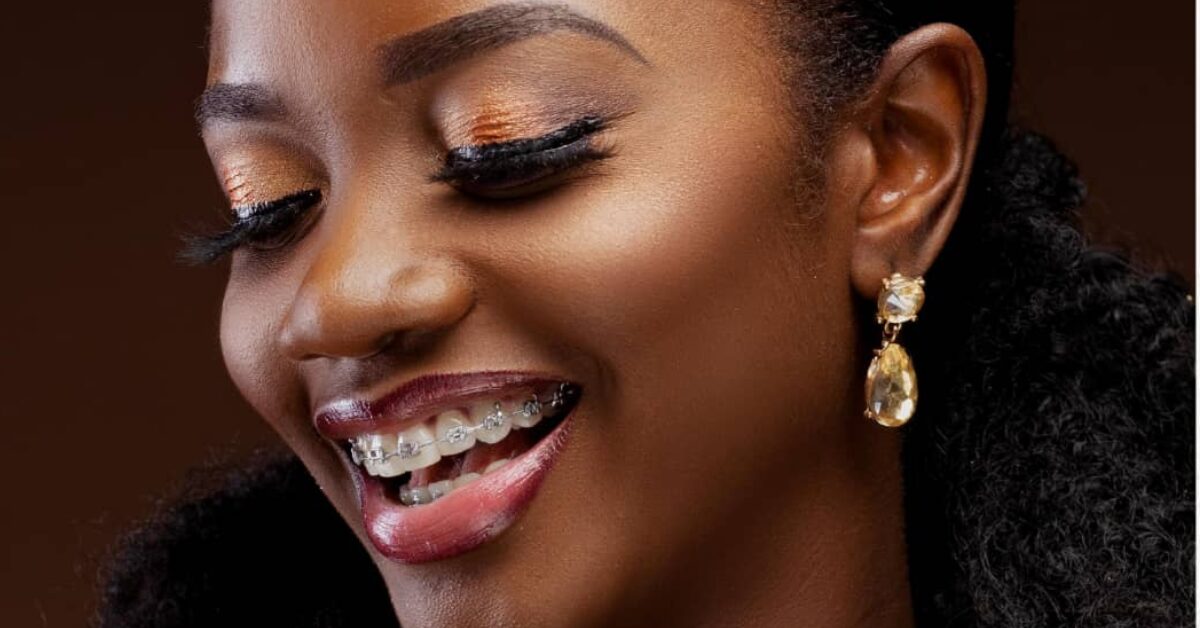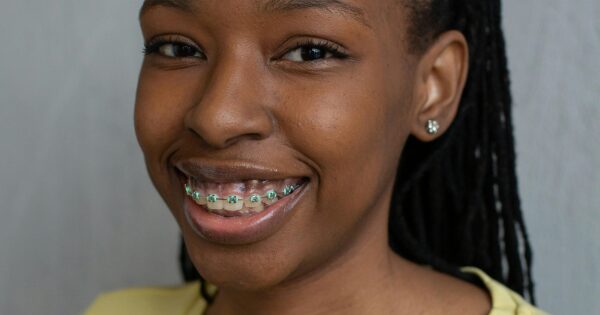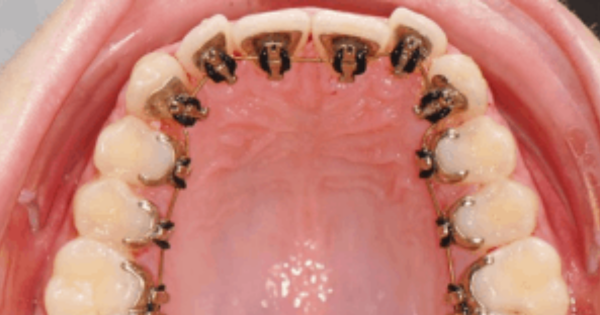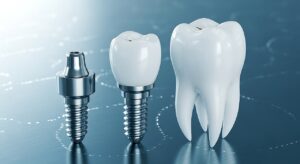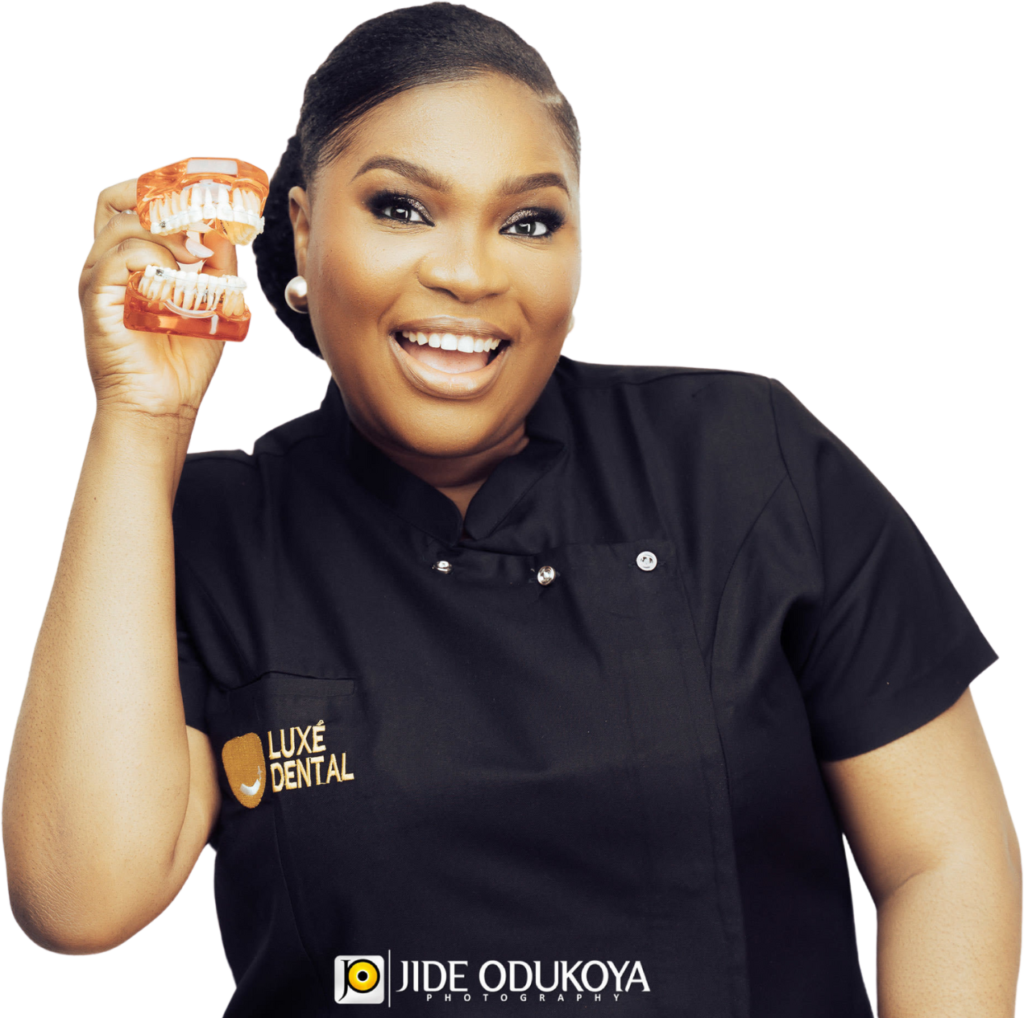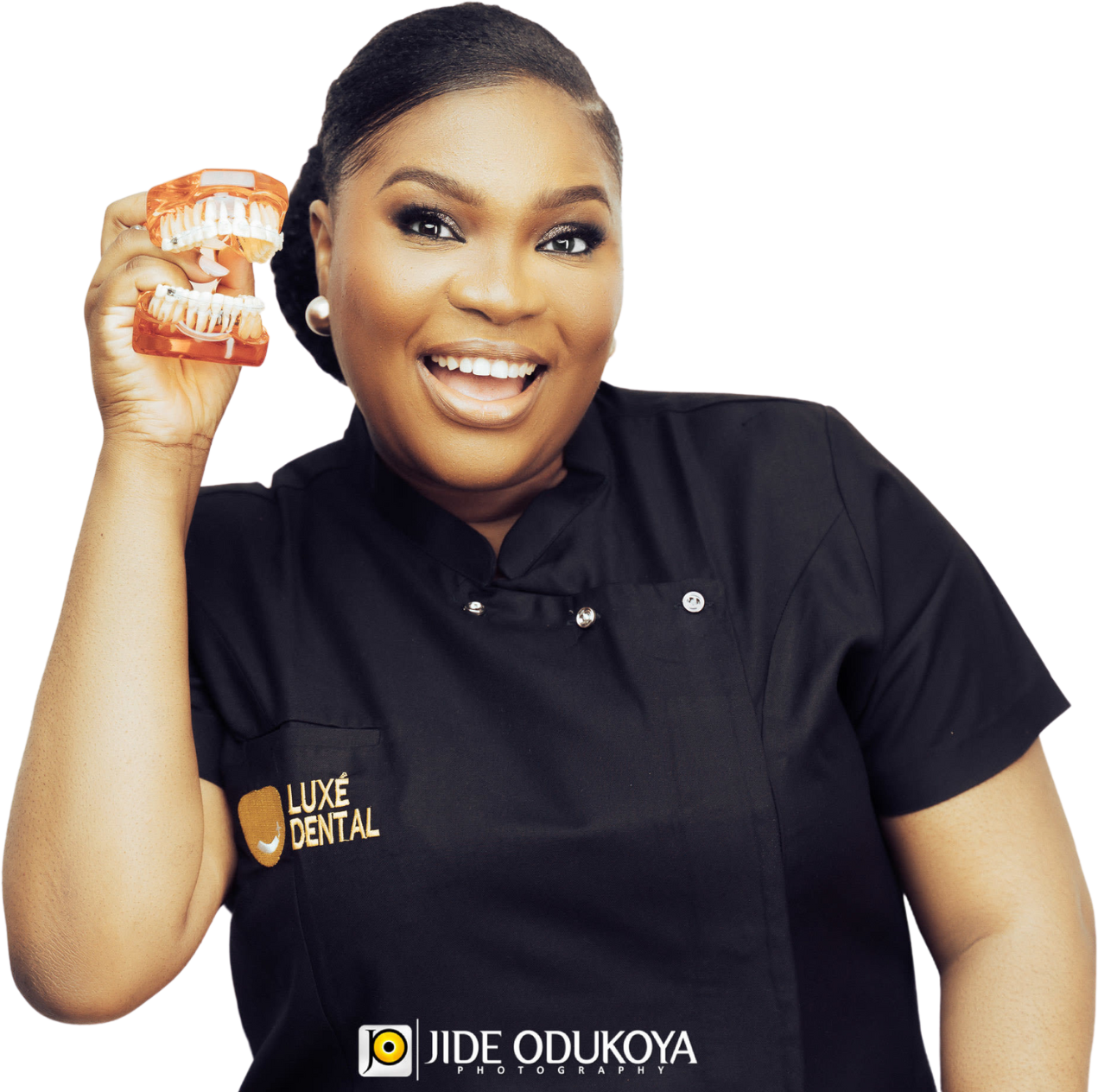Are you thinking about getting braces in Nigeria? Understanding the cost of braces in Nigeria, along with the process and benefits, is crucial whether it’s for you or your child. Braces are more than just a tool for a beautiful smile—they play a significant role in enhancing dental health and overall well-being. In this comprehensive guide, we’ll walk you through everything you need to know about braces in Nigeria, from costs and types to care and recovery.
What Are Braces?
Braces are orthodontic devices used to correct misaligned teeth and jaws. They consist of brackets attached to each tooth and connected by wires, which gradually move the teeth into the desired position. Braces can significantly improve dental health, enhance your smile, and boost your confidence. They’re not just for children; adults are increasingly opting for braces to correct dental issues that may have persisted since childhood.
How Do Braces Work?
Braces apply continuous pressure over time to slowly move teeth in a specific direction. As the teeth move, the bone changes shape to accommodate the new position. This process involves periodic adjustments by an orthodontist to ensure optimal movement and alignment. Here’s a more detailed look at how braces work:
- Brackets: These are attached to each tooth and serve as anchors for the braces.
- Archwire: This wire runs through the brackets and guides the movement of the teeth.
- Elastic Bands: These are used to apply additional pressure and aid in aligning the teeth and jaws properly.
Regular visits to the orthodontist are crucial for making necessary adjustments and ensuring the braces are working effectively.
Types of Braces
Choosing the right type of braces depends on various factors, including the complexity of your dental issues, your aesthetic preferences, and budget. Let’s delve deeper into the different types of braces available in Nigeria:
Metal Braces
Metal braces are the most common type of braces. They are made of high-grade stainless steel and are more comfortable today than ever before. Modern metal braces are smaller and less noticeable than they used to be. They are also the most affordable option and are highly effective for treating complex dental issues.
Typical Cost in Nigeria: ₦2,000,000 and above.
Disclaimer: The prices stated above are only an estimate based on the overall competition. Prices may change due to exchange rates and other economic factors. To find out the exact price at the particular time of carrying out your search, it’s best to make an inquiry or book an appointment at your preferred dental clinic.
Ceramic Braces
Ceramic braces are similar to metal braces but use clear or tooth-colored brackets that blend in with the teeth. They are less noticeable, making them a popular choice among adults and older teenagers. However, ceramic braces are more fragile and can stain if not properly cared for.
Typical Cost in Nigeria: ₦2,000,000 and above.
Disclaimer: The prices stated above are only an estimate based on the overall competition. Prices may change due to exchange rates and other economic factors. To find out the exact price at the particular time of carrying out your search, it’s best to make an inquiry or book an appointment at your preferred dental clinic.
Lingual Braces
Lingual braces are placed behind the teeth, making them invisible from the front. They are custom-made and can be more challenging to adjust. Lingual braces are ideal for individuals who want a discreet treatment option but may not be suitable for very complex cases.
Typical Cost in Nigeria: ₦2,000,000 and above.
Disclaimer: The prices stated above are only an estimate based on the overall competition. Prices may change due to exchange rates and other economic factors. To find out the exact price at the particular time of carrying out your search, it’s best to make an inquiry or book an appointment at your preferred dental clinic.
Self-Ligating Braces
Self-ligating braces use a special clip instead of elastic bands to help the wire move your teeth. They are similar to metal braces but typically require fewer adjustments. This means fewer visits to the orthodontist and potentially a shorter treatment time.
Typical Cost in Nigeria: ₦2,000,000 and above.
Disclaimer: The prices stated above are only an estimate based on the overall competition. Prices may change due to exchange rates and other economic factors. To find out the exact price at the particular time of carrying out your search, it’s best to make an inquiry or book an appointment at your preferred dental clinic.
Clear Aligners
Clear aligners, like Invisalign, are a series of custom-made, removable aligners that gradually straighten your teeth. They are nearly invisible and very convenient, allowing you to eat and drink without restrictions. Clear aligners are best suited for mild to moderate dental issues.
Typical Cost in Nigeria: ₦3,500,000 and above
Disclaimer: The prices stated above are only an estimate based on the overall competition. Prices may change due to exchange rates and other economic factors. To find out the exact price at the particular time of carrying out your search, it’s best to make an inquiry or book an appointment at your preferred dental clinic.
What Age Is Best for Braces?
While braces can be effective at any age, the best time to get them is typically between ages 10 and 14, when the mouth and head are still growing and teeth are more adaptable to straightening. However, adults can also benefit from braces. Here are some age-specific considerations:
- Children (7-10 years old): Early orthodontic evaluation can identify potential issues, allowing for preventive measures.
- Teenagers (10-18 years old): This is the most common age group for braces, as their teeth and jaws are still developing.
- Adults: It’s never too late to get braces. Adults often opt for more discreet options like ceramic braces or clear aligners.
Cost of Braces in Nigeria
The cost of braces in Nigeria varies depending on the type of braces, the complexity of the case, and the orthodontist’s experience. Here’s a detailed breakdown of the cost range:
- Traditional Braces (Metal, Ceramic, Lingual, Self-Ligating): ₦2,000,000 and above.
- Clear Aligners: ₦3,500,000 and above.
- Teen Braces: ₦2,000,000 and above.
- Adult Braces: ₦3,000,000 and above.
- Damon Braces: ₦2,500,000 and above.
- Single Arch Braces: ₦1,500,000 and above.
Disclaimer: The prices stated above are only an estimate based on the overall competition. Prices may change due to exchange rates and other economic factors. To find out the exact price at the particular time of carrying out your search, it’s best to make an inquiry or book an appointment at your preferred dental clinic.
Other factors that can affect the cost include the location of the clinic, the duration of the treatment, and any additional procedures needed (such as tooth extractions or jaw surgery).
Procedure Details
Initial Consultation and Assessment
Your orthodontist will start with an initial consultation, which includes a thorough examination, X-rays, and impressions of your teeth. This helps in creating a personalized treatment plan. During this visit, the orthodontist will discuss the different types of braces available and help you choose the best option for your needs.
Getting Braces
The process of getting braces involves cleaning and drying your teeth, then attaching the brackets with a special adhesive. The wires are then placed through the brackets, and elastic bands are used to secure the wires. This initial fitting can take a few hours, but it’s generally painless.
Regular Adjustments
Regular visits to the orthodontist are necessary for adjustments. These visits usually occur every 4 to 8 weeks. During these appointments, the orthodontist will tighten the wires, replace any worn-out bands, and ensure that the teeth are moving as planned.
Retainers
Once your braces are removed, you’ll need to wear a retainer to keep your teeth in their new position. Retainers are custom-made and can be either fixed or removable. Wearing a retainer as prescribed is crucial to maintaining the results of your orthodontic treatment.
How Long Do Braces Take to Work?
Braces typically take 18 to 24 months to straighten teeth, but this can vary depending on the individual case. Factors such as the type of braces, the complexity of the dental issues, and how well you follow your orthodontist’s instructions can influence the treatment duration. Some patients may see results in as little as 12 months, while others may need to wear braces for up to 36 months.
Risks / Benefits
Benefits of Dental Braces
- Improved Dental Health: Correctly aligned teeth are easier to clean and less prone to decay and gum disease. Proper alignment also helps prevent issues like tooth wear and jaw pain.
- Enhanced Appearance: Braces improve your smile, boosting your confidence. A straight, beautiful smile can have positive effects on your social and professional life.
- Better Function: Properly aligned teeth improve biting, chewing, and speaking. This can enhance your overall quality of life and reduce the risk of digestive issues caused by improper chewing.
Normal Side Effects of Braces
- Discomfort and Soreness: It’s common to feel some discomfort after adjustments. Over-the-counter pain relievers can help manage this pain.
- Oral Hygiene Challenges: Braces can make brushing and flossing more difficult, increasing the risk of cavities. Using special tools like orthodontic toothbrushes and floss threaders can help maintain good oral hygiene.
- Dietary Restrictions: Certain foods, such as sticky, hard, or chewy items, can damage braces. You’ll need to adjust your diet to avoid these foods.
Recovery and Outlook
Do Braces Hurt?
Braces may cause discomfort, especially after adjustments. This discomfort usually subsides after a few days. Over-the-counter pain relievers can help manage this pain. It’s also normal to experience some irritation on the inside of your cheeks and lips as your mouth adjusts to the braces.
How Should I Care for My Braces?
Caring for your braces is crucial to ensure effective treatment and avoid complications. Here’s how you can maintain your braces:
- Brush and Floss Regularly: Brush your teeth at least twice a day and floss daily. Use an interdental brush to clean between the brackets.
- Avoid Certain Foods: Steer clear of sticky, hard, and chewy foods that can damage your braces.
- Regular Dental Visits: Continue to see your dentist for regular check-ups and cleanings, in addition to your orthodontic appointments.
- Wear a Mouthguard: If you play sports, wearing a mouthguard can protect your braces from damage.
What Can You Eat with Braces?
While wearing braces, you should avoid foods that can damage the brackets or wires. Here’s a list of foods to avoid and alternatives you can enjoy:
- Avoid: Sticky foods (gum, caramel), hard foods (nuts, hard candies), and chewy foods (bagels, licorice).
- Enjoy: Soft foods (yogurt, mashed potatoes), cut-up fruits and vegetables, and dairy products (cheese, milk).
How Can I Maintain My Results After Braces?
Maintaining the results after braces involves wearing a retainer as prescribed by your orthodontist. Here are some tips to ensure long-lasting results:
- Wear Your Retainer: Follow your orthodontist’s instructions on how often to wear your retainer.
- Maintain Good Oral Hygiene: Continue brushing and flossing regularly to keep your teeth healthy.
- Regular Dental Check-Ups: Keep up with regular dental visits to monitor your teeth and catch any issues early.
- Healthy Diet: Maintain a balanced diet to support overall dental health.
How to Take Care of Your Braces
Daily Care Routine
Maintaining your braces requires diligence and consistency. Here’s a more detailed daily care routine:
- Morning Routine:
- Brush your teeth thoroughly for at least two minutes.
- Use a fluoride mouthwash to help prevent cavities.
- After Meals:
- Rinse your mouth with water to remove food particles.
- Brush your teeth or at least rinse with mouthwash if brushing isn’t possible.
- Evening Routine:
- Brush your teeth carefully, ensuring all surfaces are clean.
- Floss between your teeth and around the brackets.
- Use an antimicrobial mouthwash to reduce plaque buildup.
- Weekly Routine:
- Inspect your braces for any damage or loose brackets.
- Soak your retainer (if removable) in a denture cleaner to keep it fresh and clean.
Products to Use
Orthodontic toothbrushes, floss threaders, and mouth rinses can help maintain oral hygiene. Here are some recommended products:
- Orthodontic Toothbrushes: Designed with a V-shaped bristle to clean around braces.
- Floss Threaders: Help navigate floss through the wires and brackets.
- Water Flossers: Use a stream of water to clean between teeth and around braces.
Regular Check-Ups
Visit your orthodontist regularly for adjustments and to check the progress of your treatment. These visits are essential for ensuring your treatment stays on track and any issues are addressed promptly.
When to Call the Doctor
When Should I Call My Dentist or Orthodontist?
Contact your orthodontist if you experience severe pain, broken brackets or wires, or any other issues with your braces. Don’t wait for your next scheduled appointment if something feels wrong. Here are some specific situations that warrant a call to your orthodontist:
- Broken Brackets or Wires: If a bracket or wire comes loose, it can cause discomfort and delay your treatment.
- Severe Pain: Some discomfort is normal, but severe pain should be addressed immediately.
- Mouth Sores or Irritation: Persistent sores or irritation inside your mouth could indicate a problem with your braces.
- Lost Retainer: If you lose your retainer, it’s essential to get a replacement as soon as possible to prevent your teeth from shifting.
Additional Common Questions
Invisalign vs. Braces: Which Option Is Right for Me?
Invisalign is a great option for those who want a nearly invisible treatment and are committed to wearing aligners for 22 hours a day. Traditional braces are more suitable for complex cases and don’t require the same level of discipline. Here are some factors to consider when choosing between Invisalign and traditional braces:
- Aesthetics: Invisalign aligners are clear and less noticeable, making them a popular choice for adults and teenagers concerned about their appearance.
- Complexity of Treatment: Traditional braces are often better suited for more complex dental issues, such as severe misalignment or bite problems.
- Lifestyle: Invisalign aligners are removable, allowing you to eat and drink without restrictions. However, they must be worn for at least 22 hours a day to be effective.
- Maintenance: Braces require diligent cleaning to prevent plaque buildup, while Invisalign aligners need to be cleaned and maintained daily.
Can I Buy Special Floss for Braces?
Yes, there are floss threaders and special orthodontic floss designed to help you clean between your teeth and around your braces effectively. These tools make it easier to remove plaque and food particles that can accumulate around your braces. Here’s a look at some options:
- Floss Threaders: These are thin, flexible tools that help you thread regular floss behind your braces and wires.
- Orthodontic Floss: This type of floss is designed with a stiff end to easily navigate through your braces and a spongy section to clean around brackets and wires.
- Water Flossers: These devices use a stream of water to remove plaque and debris from between your teeth and around your braces. They are highly effective and easy to use.
Can You Chew Gum with Braces?
It’s best to avoid chewing gum as it can get stuck in the braces and be difficult to remove. Sugar-free gum might be less problematic but consult with your orthodontist first. Chewing gum can pose several risks:
- Damage to Braces: Gum can bend wires and dislodge brackets, potentially prolonging your treatment.
- Difficulty Cleaning: Gum can stick to your braces and be challenging to remove completely, increasing the risk of cavities and gum disease.
If you’re craving something to chew, consider sugar-free mints or orthodontist-approved alternatives.
How Long Do Braces Take to Straighten Teeth?
Braces usually take 18 to 24 months to straighten teeth, but the exact time depends on the individual’s dental needs and the type of braces used. Some patients may see results in as little as 12 months, while others may need to wear braces for up to 36 months. Factors that can influence the treatment duration include:
- Age: Younger patients tend to respond faster to orthodontic treatment because their teeth and jaws are still growing.
- Severity of Dental Issues: More complex cases may require longer treatment times.
- Compliance: Following your orthodontist’s instructions, such as wearing elastics or using headgear as prescribed, can impact the treatment duration.
How Long Before Braces Start Moving Teeth?
Teeth start moving within the first few weeks of wearing braces, but visible changes might take a few months. Regular adjustments help ensure steady progress. Here’s a timeline of what to expect:
- First Few Days: You may experience discomfort as your teeth begin to adjust to the braces.
- First Few Weeks: Teeth will start to shift, although changes might not be immediately noticeable.
- First Few Months: Visible improvements in alignment can be seen, and the orthodontist may start making more targeted adjustments.
Regular follow-up visits are crucial to monitor progress and make necessary adjustments to ensure optimal results.
Can Braces Close Gaps in Teeth?
Yes, braces are highly effective in closing gaps between teeth. The treatment duration depends on the size of the gaps and the overall complexity of the case. Braces work by applying continuous pressure to move teeth into their proper positions. Here’s how they close gaps:
- Initial Movement: Braces will first align the teeth into a more uniform position.
- Closing Gaps: The orthodontist will then focus on closing any gaps by adjusting the wires and possibly using elastic bands.
- Final Adjustments: Once the gaps are closed, the orthodontist will make final adjustments to ensure the teeth are correctly aligned and stable.
What Do Braces Do for Teeth?
Braces correct misalignment, improve bite function, and enhance overall dental health. They straighten teeth, close gaps, and can help prevent future dental issues. Here are some specific benefits:
- Improved Oral Health: Straight teeth are easier to clean, reducing the risk of cavities and gum disease.
- Enhanced Aesthetics: A straight, beautiful smile can boost your self-esteem and confidence.
- Better Function: Properly aligned teeth improve biting, chewing, and speaking, enhancing your overall quality of life.
Is It Necessary to Remove Teeth for Braces?
In some cases, tooth extraction may be necessary to create space for proper alignment. Your orthodontist will determine if this is needed based on your specific situation. Here are some reasons why extractions might be required:
- Crowding: If there is not enough space for all your teeth, removing one or more teeth can help create the necessary room.
- Improper Bite: Extracting teeth can sometimes improve the alignment of your bite, reducing strain on your jaw.
- Severe Misalignment: In cases of severe misalignment, extractions may be the most effective way to achieve the desired results.
Conclusion
Deciding to get braces in Nigeria is a significant decision that involves understanding the cost of braces in Nigeria, the types available, and the commitment required for the treatment process. By comprehending how braces work, exploring the various options, and recognizing the importance of proper care, you can make an informed choice that leads to a healthier, more beautiful smile. Remember, investing in your dental health is always worth it, and the benefits of a straight, confident smile will last a lifetime. To start your journey towards better dental health, book an appointment at Luxe Dental or call +2349044374007 today.
51b Oba Ladejobi St, Ikeja GRA, Lagos 101233, Lagos
+2349044374007
